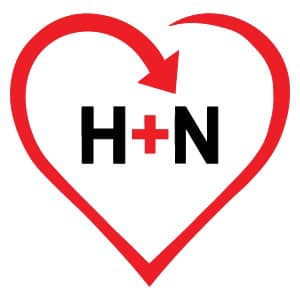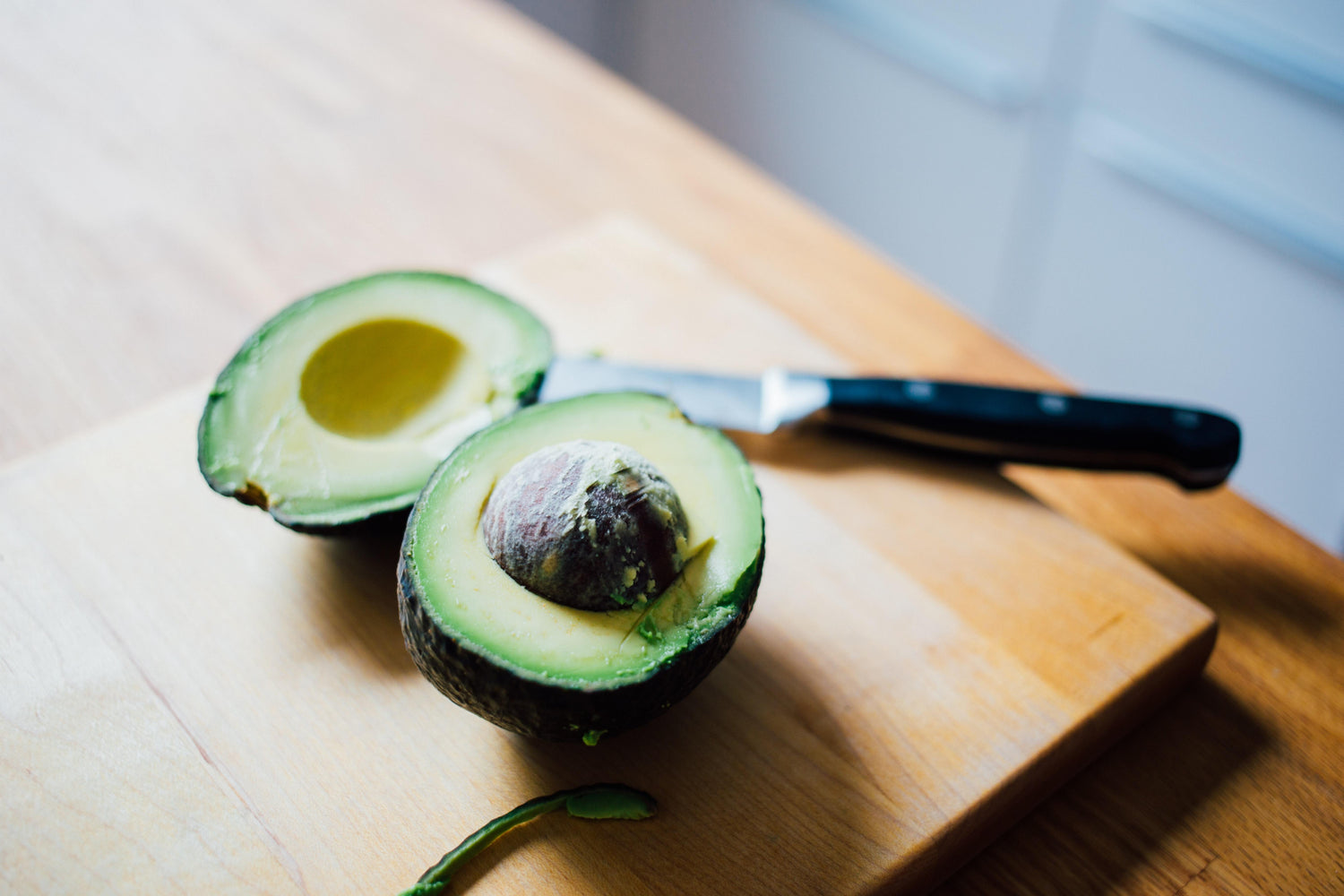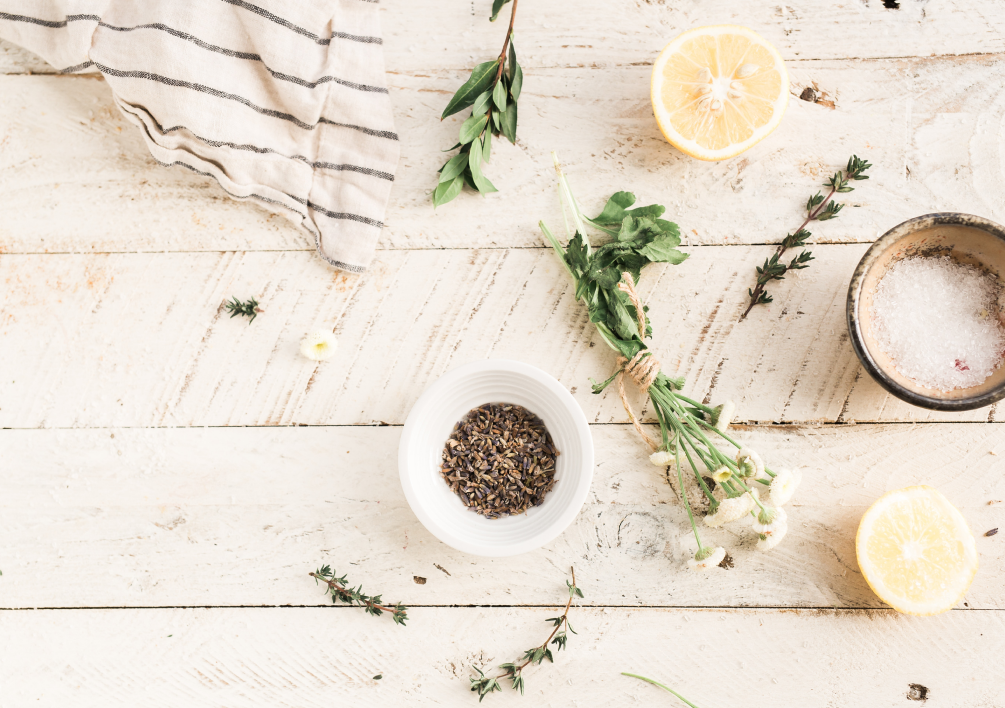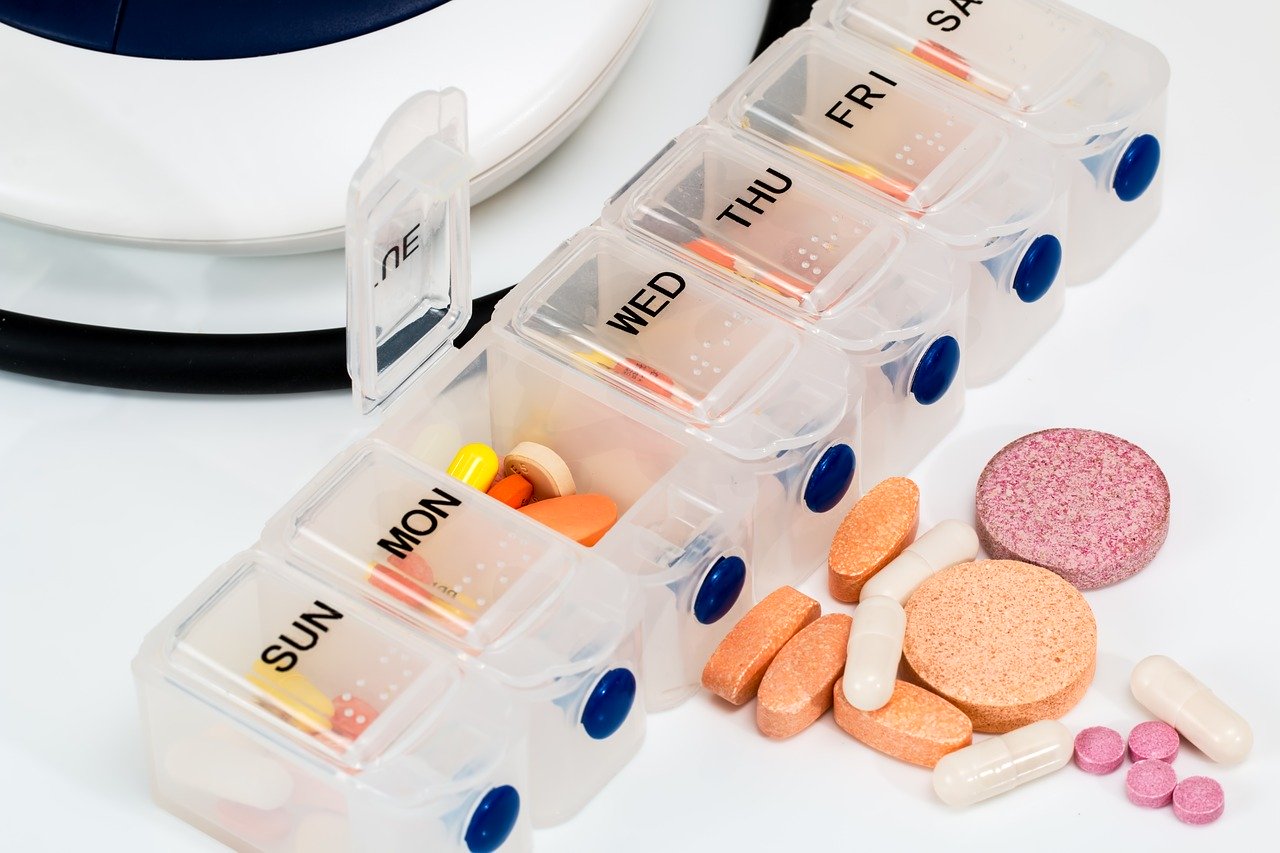Natural is always better for the body because of the lack of chemicals or other elements that can cause harm. While medications can be effective for treating high blood pressure, they can have serious side effects or harm other areas of the body like the liver. That’s not ideal because that is like trading one evil for another. However, some people make this trade-off since high blood pressure causes upward of 15% of U.S. deaths, according to a study conducted by Harvard. This is due in part to high blood pressure being symptom-less until something is very wrong.
Usually when something goes wrong is when an aneurysm, stroke, heart attack, kidney failure, or cognitive deficiencies occur. The American Heart Association says that approximately 28% of Americans have high blood pressure and they are not aware. That is rather astounding. This is why those who haven’t had their blood pressure checked in two years need to do so immediately to make sure they aren’t among the unaware.
Natural Ways to Lower Blood Pressure
If you find out that you have high blood pressure, you want to do what you can to lower it naturally. Many physicians are now recommending natural methods before medications or a combination of both in an effort to eliminate the medication as soon as possible. Some people are successful at being able to stop the medication, while others aren’t. Even those that can’t eliminate medication can have their doses reduced, which can reduce or eliminate side effects.
The following are 12 ways to naturally lower blood pressure:
- Take a brisk walk – Power walking regularly is very good for the heart and for blood pressure. This exercise helps the heart utilize oxygen better so it doesn’t have to work so hard to push blood through the body. It is ideal to walk at least 30 minutes almost every day of the week. You can challenge yourself to walk longer distances at faster paces so you can give your heart a good workout.
- Increase potassium intake – Eat fruits and vegetables rich in potassium, since potassium is an important part of keeping blood pressure low and lowering that which is already high. Potatoes, bananas, orange juice, tomatoes, peas, prunes, kidney beans, raisins, honeydew melon, and cantaloupe are examples of foods that are rich in potassium.
- Reduce salt intake – Salt can increase the blood pressure of those with a family history and of some ethnic groups. The elderly should also decrease their salt intake. There is no method to show if a person is sensitive to sodium, but those with high salt intakes tend to be more likely to have high blood pressure than those that don’t. Spices can make good substitutes for salt and even lemon can be a nice way to flavor food without increasing the blood pressure.
- Supplements – There have been several studies that show CoQ10 reduces blood pressure significantly. It is an antioxidant that is needed to produce energy and dilate blood vessels. PD120 is a supplement containing CoQ10 and other vitamins, herbs, and amino acids that the body needs to function. By combining these important ingredients into one supplement, PD120 is effective in helping to maintain healthy blood pressure.
- Dark Chocolate – Information can be confusing because you hear people saying that it is best to cut down on the chocolate intake, yet you’re hearing that you should eat dark chocolate. Dark chocolate is much better than milk chocolate because it is purer. If it is at least 70% cocoa, its flavonols are kept intact. Flavonols make blood vessels stretch better, which can reduce blood pressure. To see a benefit, it is best to eat an ounce of dark chocolate every day.
- Have a little wine – Alcohol has always been cited as a culprit for high blood pressure, but now Brigham and Women’s Hospital in Boston says that women drinking one-half an alcoholic beverage a day can reduce blood pressure more than having no drinks at all. That means that evening glass of wine is okay for keeping your blood pressure low after a tough day.
- Drop the caffeine – Scientists have been telling the public about how caffeine can affect blood pressure. Some studies show that caffeine has no impact, but Duke University Medical Center begs to differ. They found that consuming 24 ounces of coffee can increase blood pressure and the effect lasted the entire day. This effect happens because caffeine causes blood vessels to tighten.
- Hibiscus Tea – In a Tufts University study, the study participants drank three cups of hibiscus tea every day to lower systolic blood pressure, which is the top number in your blood pressure reading. The results were comparable to that of some medications. Those who received the placebo saw only slight improvement. Hibiscus tea works because of the phytochemicals it contains.
- Don’t work so hard – If your boss wants you to work an hour overtime, it could be putting you at risk. Office workers that work more than 41 hours every week are at a higher risk of high blood pressure. It is also good to leave at a decent time so you can make dinner, relax, go to the gym, and do other things you need to do.
- Get help for apnea – If you snore, you may be having an apnea issue. Obstructive sleep apnea destroys the quality of sleep and can raise blood pressure because of an increased production of the hormone aldosterone. Getting help for this can help to lower blood pressure.
- Soy is best – The Circulation: Journal of the American Heart Association stated that refined carbohydrates can lower blood pressure. Soy contains these carbohydrates, which is why you want to integrate foods rich in soy.
- Control stress – Stress is a major contributor to high blood pressure because it causes the heart to work harder than it should. Listen to music, relax, exercise, spend some time with friends or family, eat healthy foods, meditate, do breathing exercises, or anything that will help you get control over your stress.
You Can Control Blood Pressure
Many people are able to control blood pressure. Always speak with your physician about what you are doing so they can identify any conflicts between medication and supplements or anything else you wish to do. Your doctor can monitor your progress and help you along the journey to better health.




Leave a comment
This site is protected by hCaptcha and the hCaptcha Privacy Policy and Terms of Service apply.